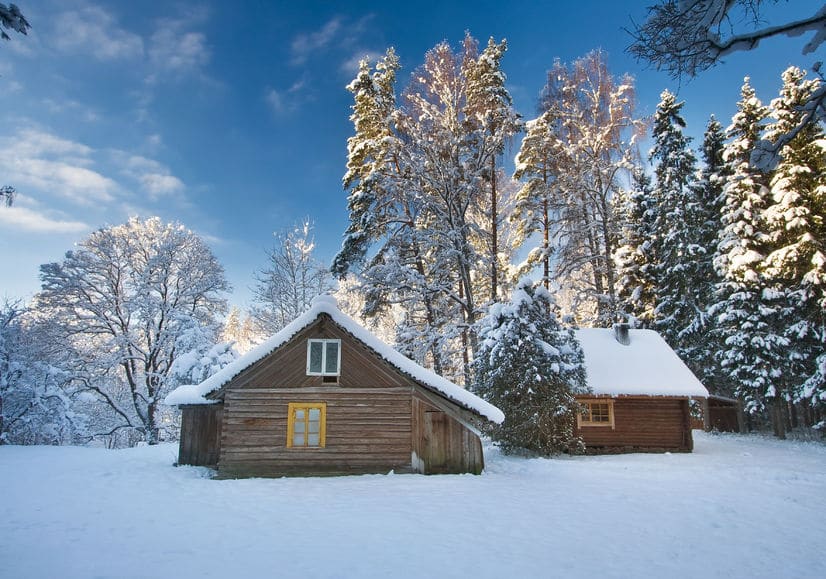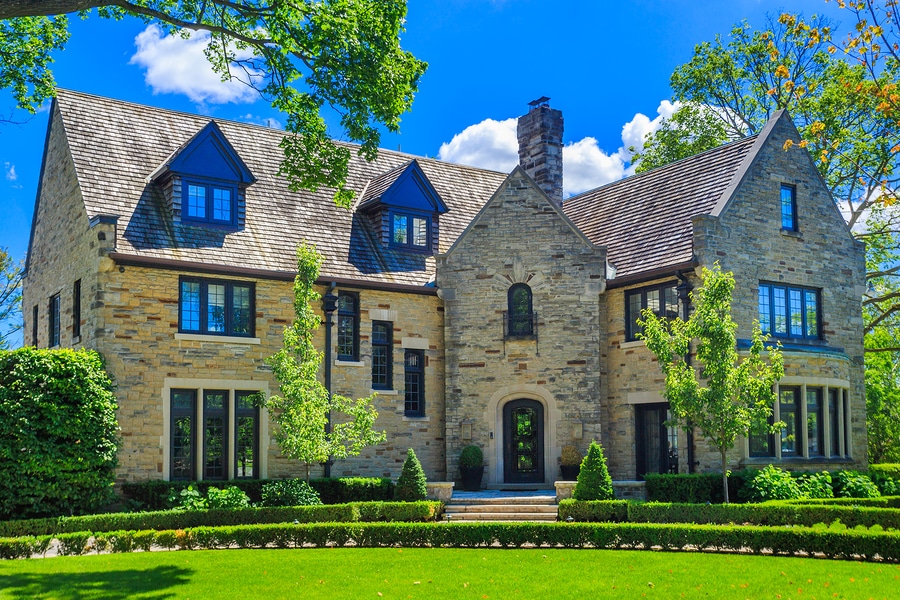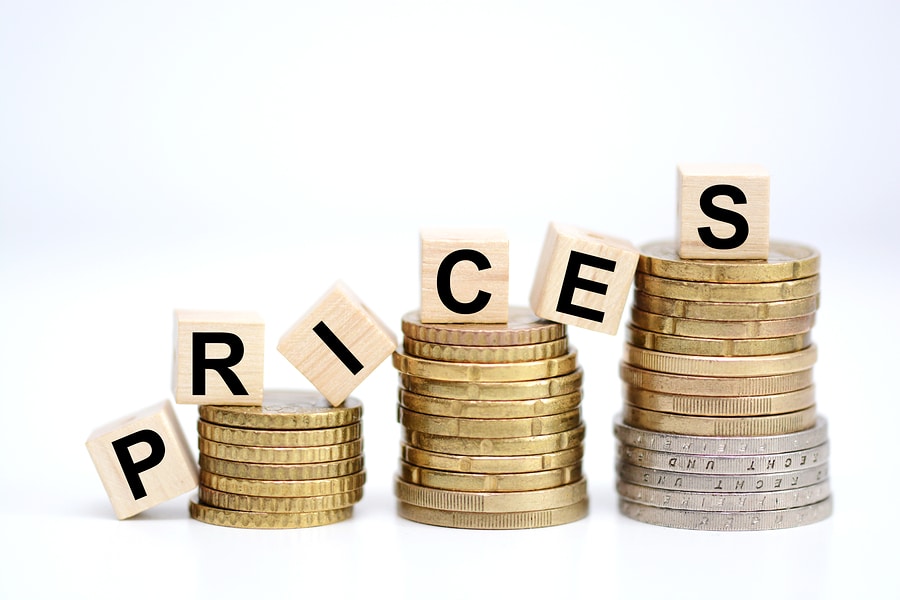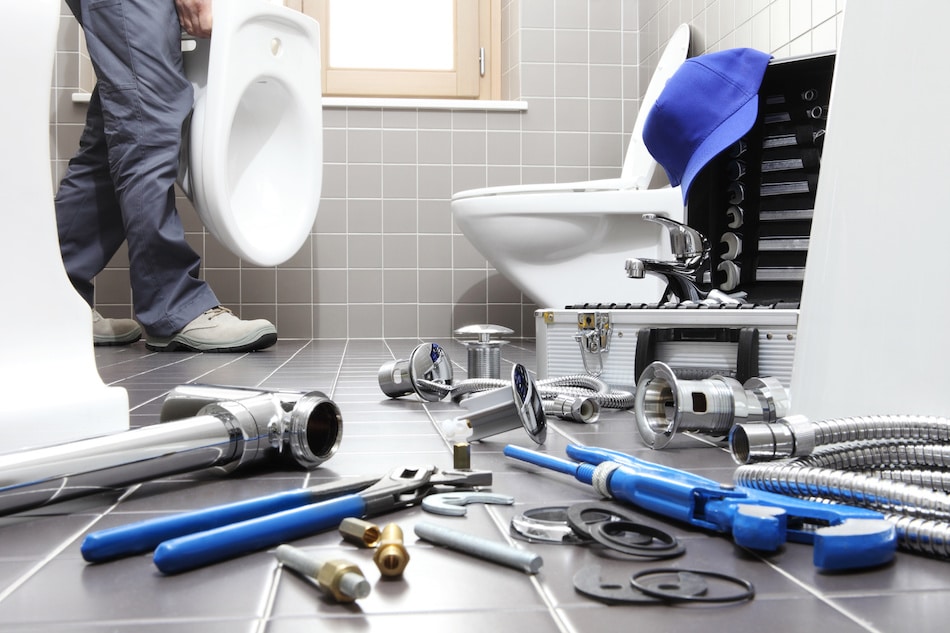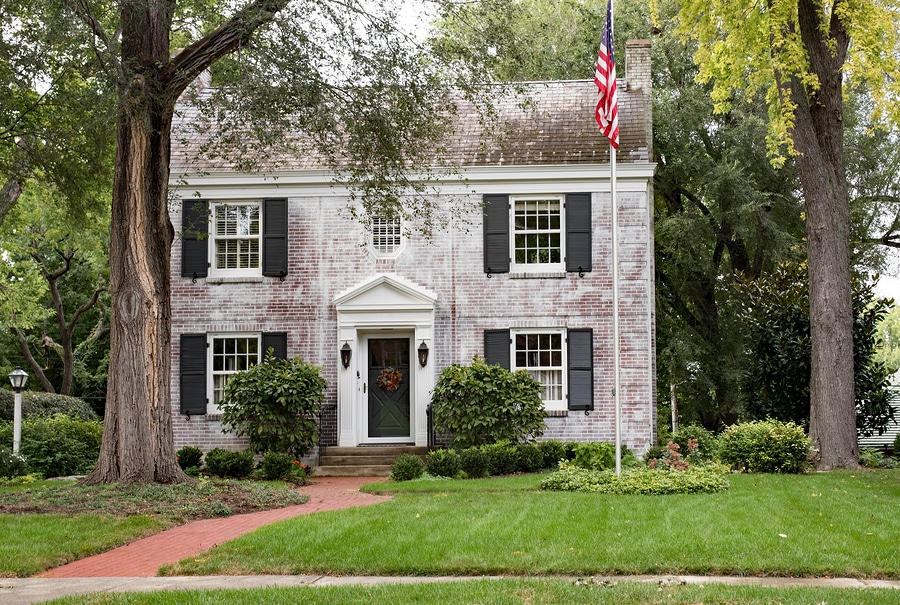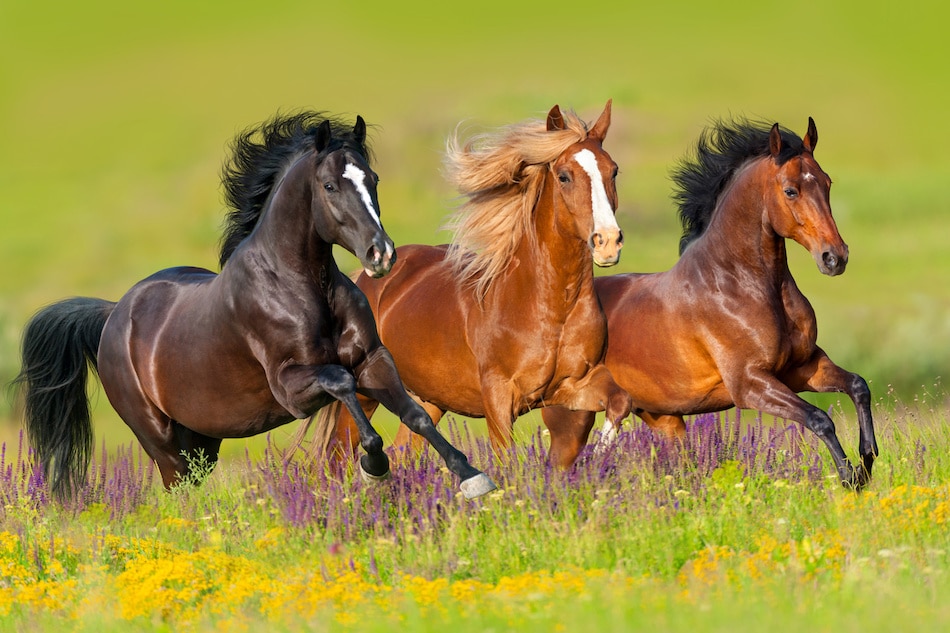
How to Choose Property for Horses
 For many people, it’s a dream to own sprawling pastures with white fences where horses can roam freely. But where should an interested property buyer start looking for the perfect place to keep horses? Here are five essential questions all property buyers should ask when looking at every prospective property to keep horses on.
For many people, it’s a dream to own sprawling pastures with white fences where horses can roam freely. But where should an interested property buyer start looking for the perfect place to keep horses? Here are five essential questions all property buyers should ask when looking at every prospective property to keep horses on.
Is There Enough Space?
The first thing a horse owner will need to know is how much space they need for their horses. The first question property buyers should ask themselves is how many horses do they intend to own? If it’s just one or two horses, three or four acres will be able to suit them well. However, the more horses someone intends to own, the more acreage they need to support them. An easy rule of thumb to follow is the first horse should have two acres, and every additional horse should have one additional acre to prevent overcrowding.
Are There Plants That Can Harm the Horses?
Like many animals, horses aren’t able to recognize dangerous plants that may be out in the pastures where they graze. Nightshade, for instance, is one of the most common plants that horses accidentally consume, which can cause death. When touring the grounds of a potential property to purchase, keep an eye out for plants like these. If a pasture has any dangerous plants, they need to be gotten rid of completely before horses are allowed to graze to prevent any risk of accidental poisoning.
Is the Terrain Hoof-Friendly?
When choosing property to keep horses, not all land is created equally. Soggy, swampy land that’s prone to flooding can destroy horses’ hooves, and rocky land can create tripping hazards that can lead to twisted or broken ankles.
The kind of land necessary also differs depending on the intent of the land. Is the owner going to ride the horses there, or just let them roam freely?For physically demanding styles of riding like dressage or barrel racing, it’s important that the land is smooth and even to reduce the risk of any accidents. The owner may also want to set aside land to turn into a riding ring.
Is There Access to Necessary Services?
When purchasing property for horses, property owners need to make sure people such as veterinarians and farriers are willing to make the trip out to the barn. For some people, living an hour from the nearest town may sound like a dream, but it can be dangerous to a horse’s health if the nearest veterinarian lives several hours away and there’s an emergency.
Will the Property Retain its Value?
Though it’s tempting to focus exclusively on the needs of the horses when searching for a property, buying land is an investment with high costs tied into it. It’s important for individuals with plans to raise horses to take the value of the land into consideration when making a purchase, just as they would when buying a home. Whether it’s planning ahead in case of a worst-case scenario or making sure there’s an opportunity to move to a new property with plans to grow in the future, it’s essential to know a property will retain its value after it’s been purchased and built up.
Hiring a real estate agent who has experience in the area is a good way to help find a property that won’t devalue over time. Real estate agents will have access to information and records regarding property values across a given area. It can be a comforting thought for landowners to know that should they ever be forced to sell one day or need to find another property with more space, they’ll have something to work with.
There are many different questions people interested in buying property for horses should ask, but these five are a good place to start. For any more questions about buying a horse property in Anoka or elsewhere, be sure to hire a knowledgeable real estate agent to help find the best possible property that will make both its owner and resident horses as happy as they can be.
